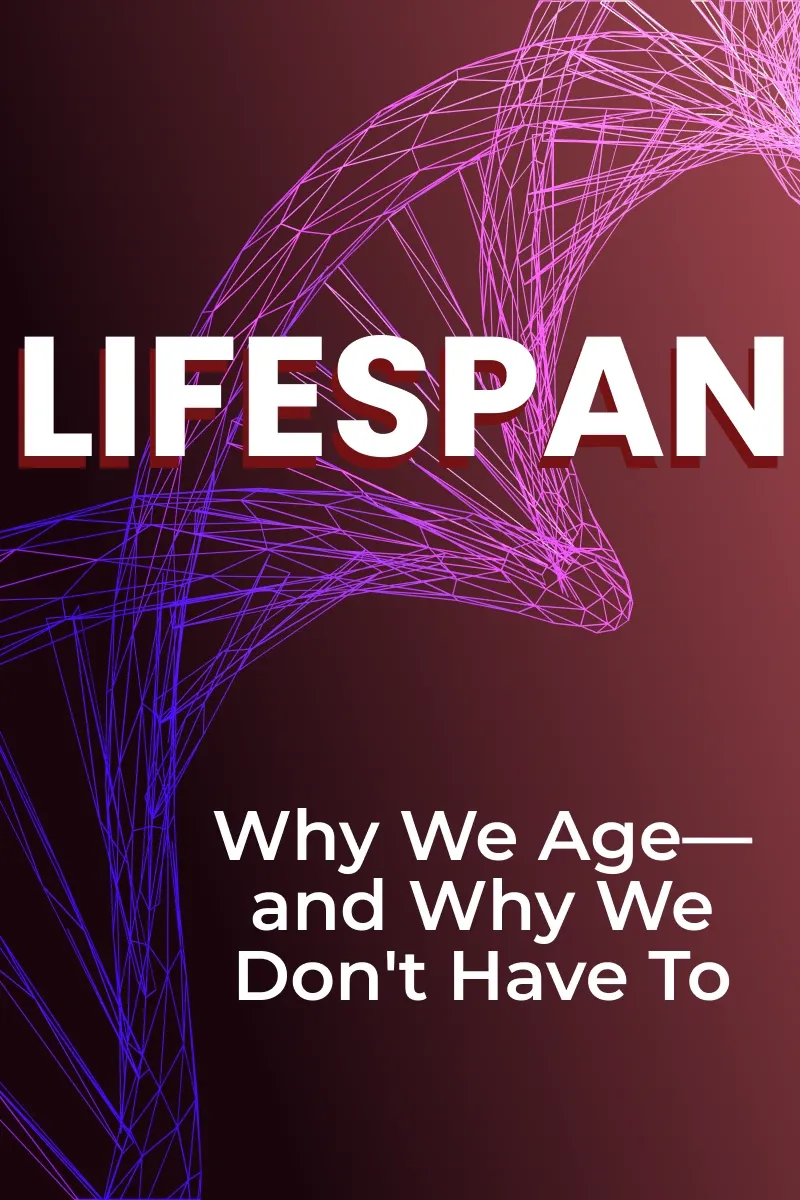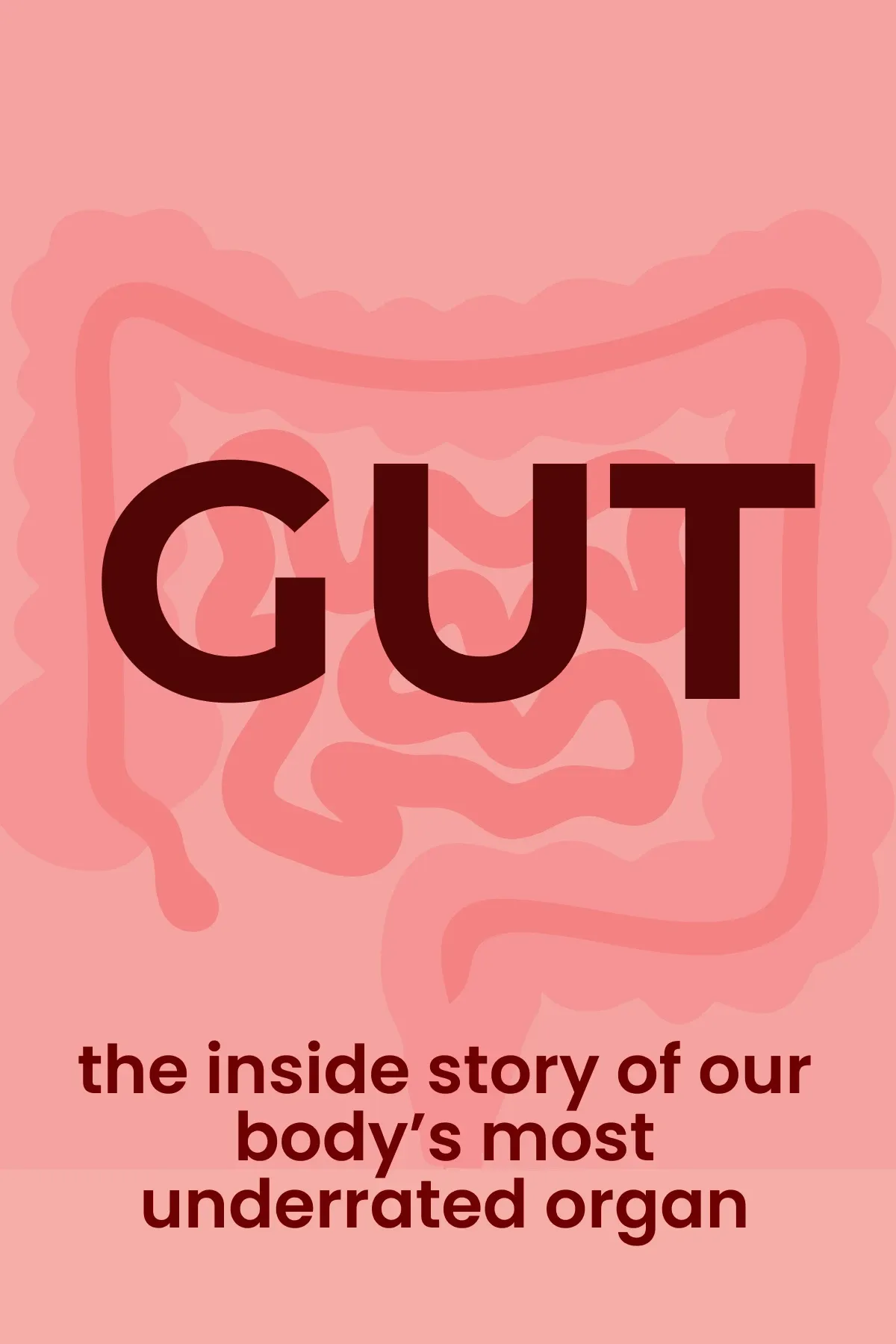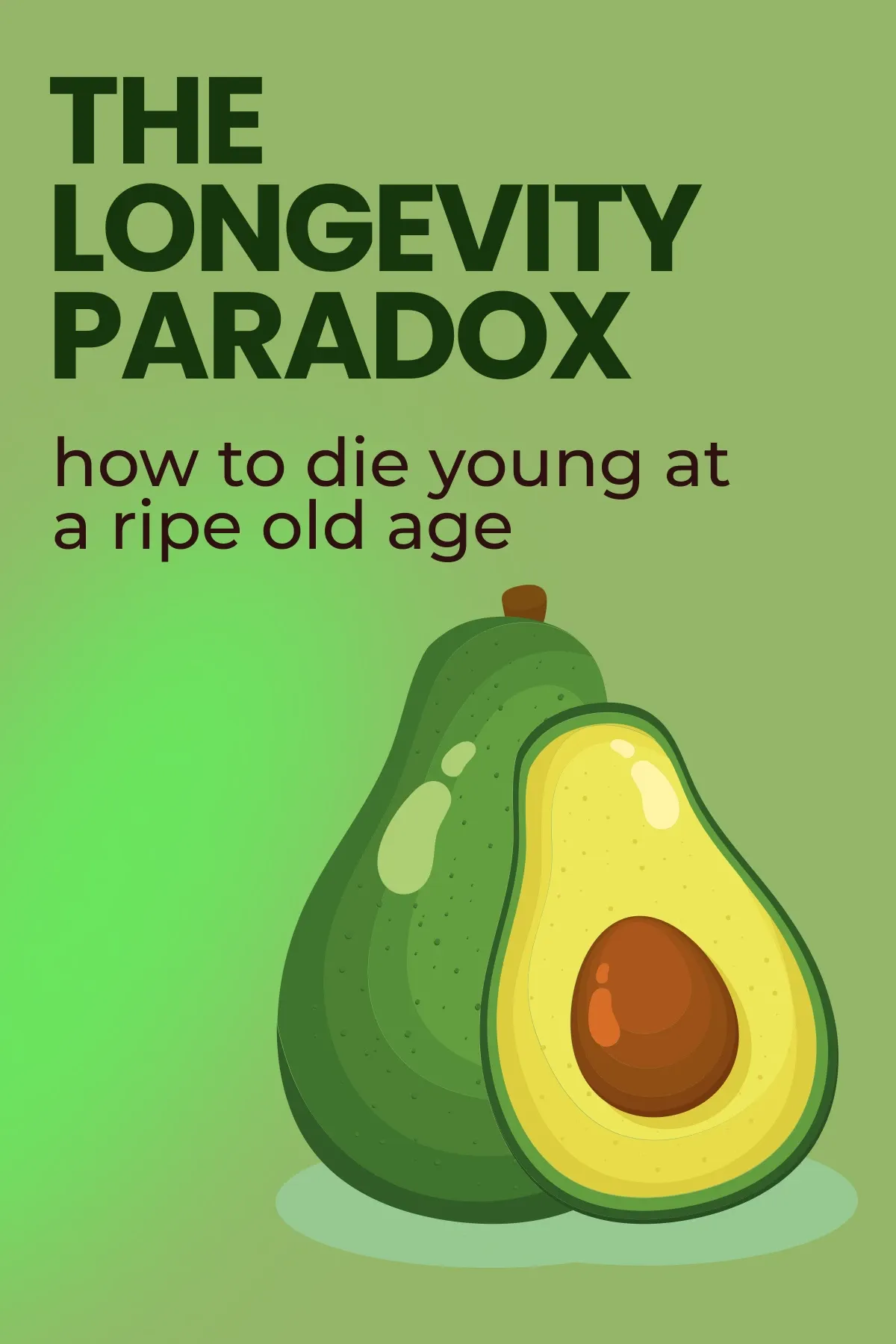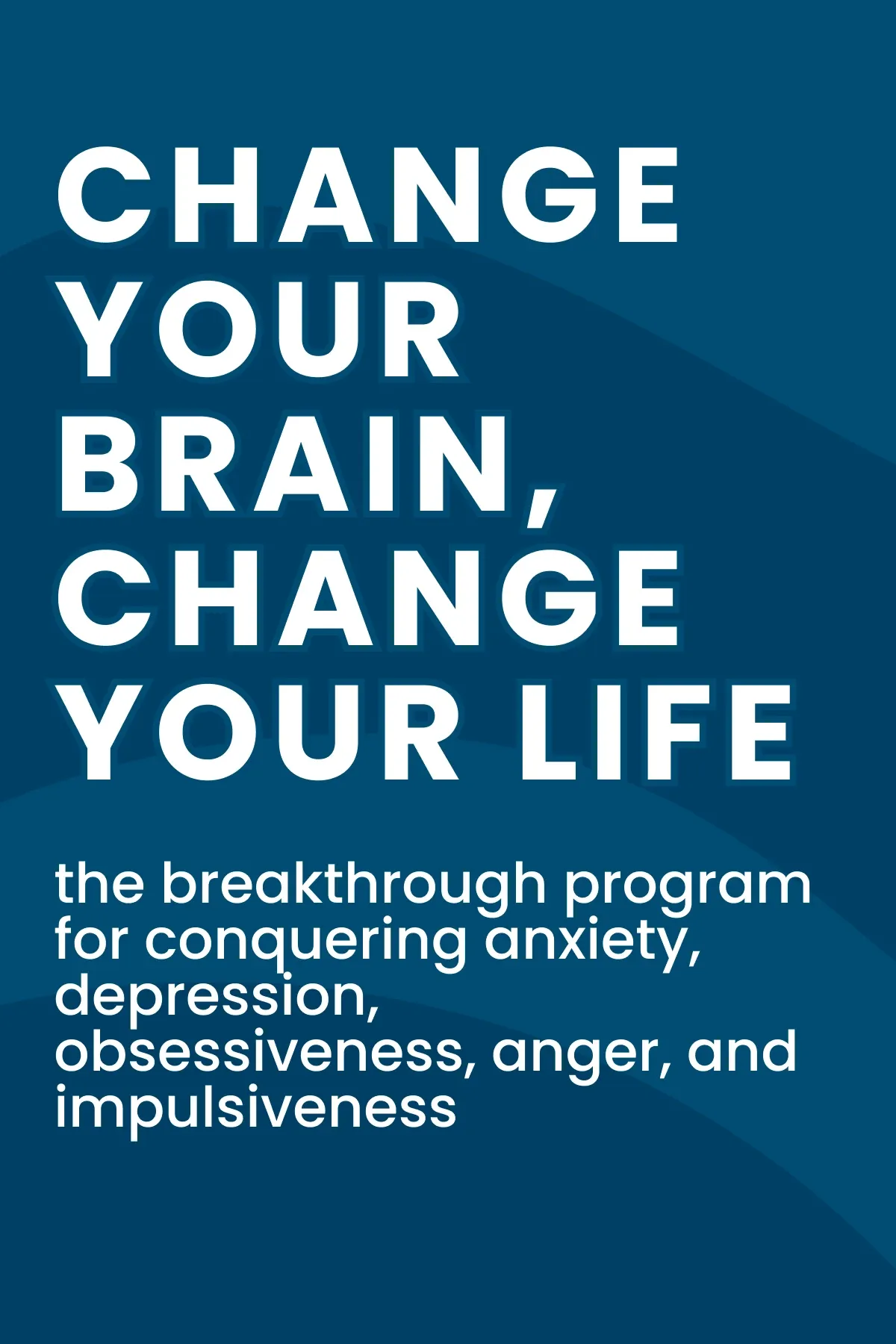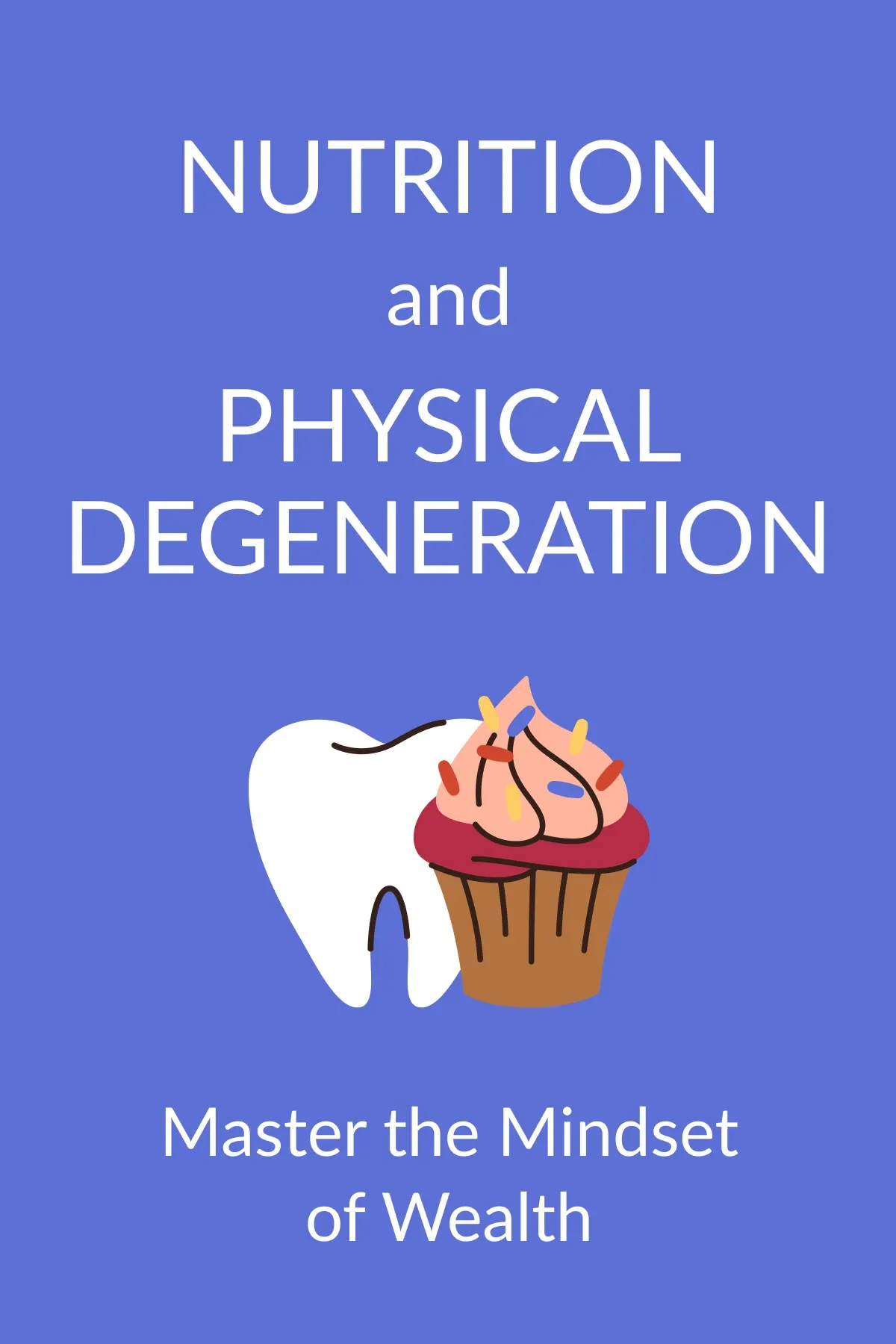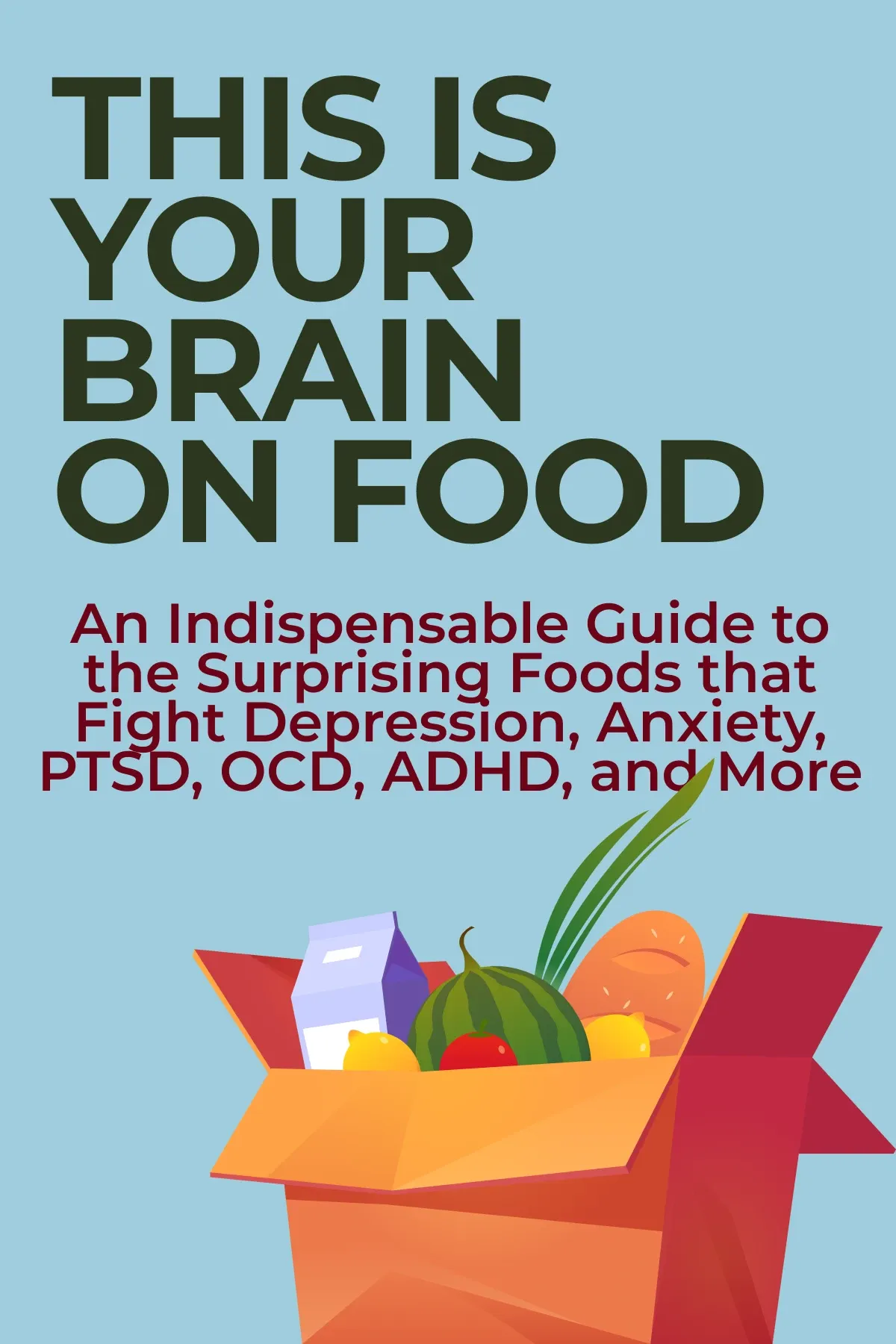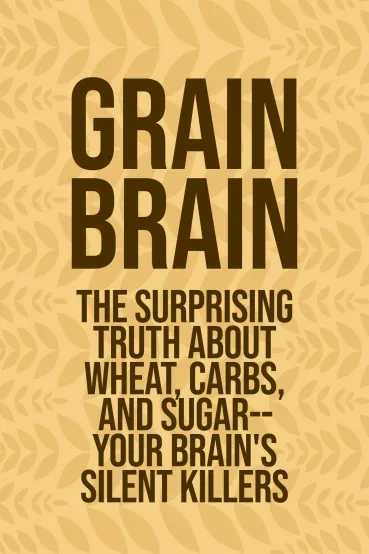
Grain Brain
Brief Summary
“Grain Brain” by David Perlmutter highlights the impact of diet, lifestyle, and certain nutrients on brain health and cognitive function. It describes the connection between our diet and inflammation, the harmful effects of gluten and sugar, and the benefits of fasting. You will find relevant advice to improve your mental and physical well-being by altering your diet, sleep habits, and daily activities.
Key points
Key idea 1 of 10
Contrary to popular belief, cognitive decline is not an inevitable aspect of aging, similar to wrinkles or impaired vision. The reality is that our genetic makeup is not naturally suited for the contemporary lifestyle we lead. Numerous prevalent diseases arise from this disparity between evolution and our way of living. However, DNA remains malleable, and it can revert to its original structure.
Our genetic configuration depends on the choices we make every day. Researchers confirm that our diets, stress levels, physical activity, sleep patterns, and even our social connections significantly influence the activity of our genes. Our DNA runs the growth of new brain neurons, a process known as neurogenesis. It involves the work of a key protein called brain-derived neurotrophic factor (BDNF). Additionally, BDNF plays a vital role in safeguarding existing neurons and fostering their interconnections. They are integral to cognitive processes like thinking, learning, and other brain functions.
Various methods enable us to stimulate our DNA to produce more BDNF. Surprisingly, one straightforward approach is to limit our food intake. In 2009, researchers conducted a study by comparing two groups of elderly participants. One group was instructed to decrease their calorie intake by 30 percent, while the other group was free to consume their usual diet without any restrictions. As a result, the memory performance of the first group showed improvement, while the second group experienced a decline in memory function.
A considerable portion of the calories we get originates from sugar. Thus, reducing sugar intake can contribute to a healthier brain.
FAQ
You may also like these summaries


